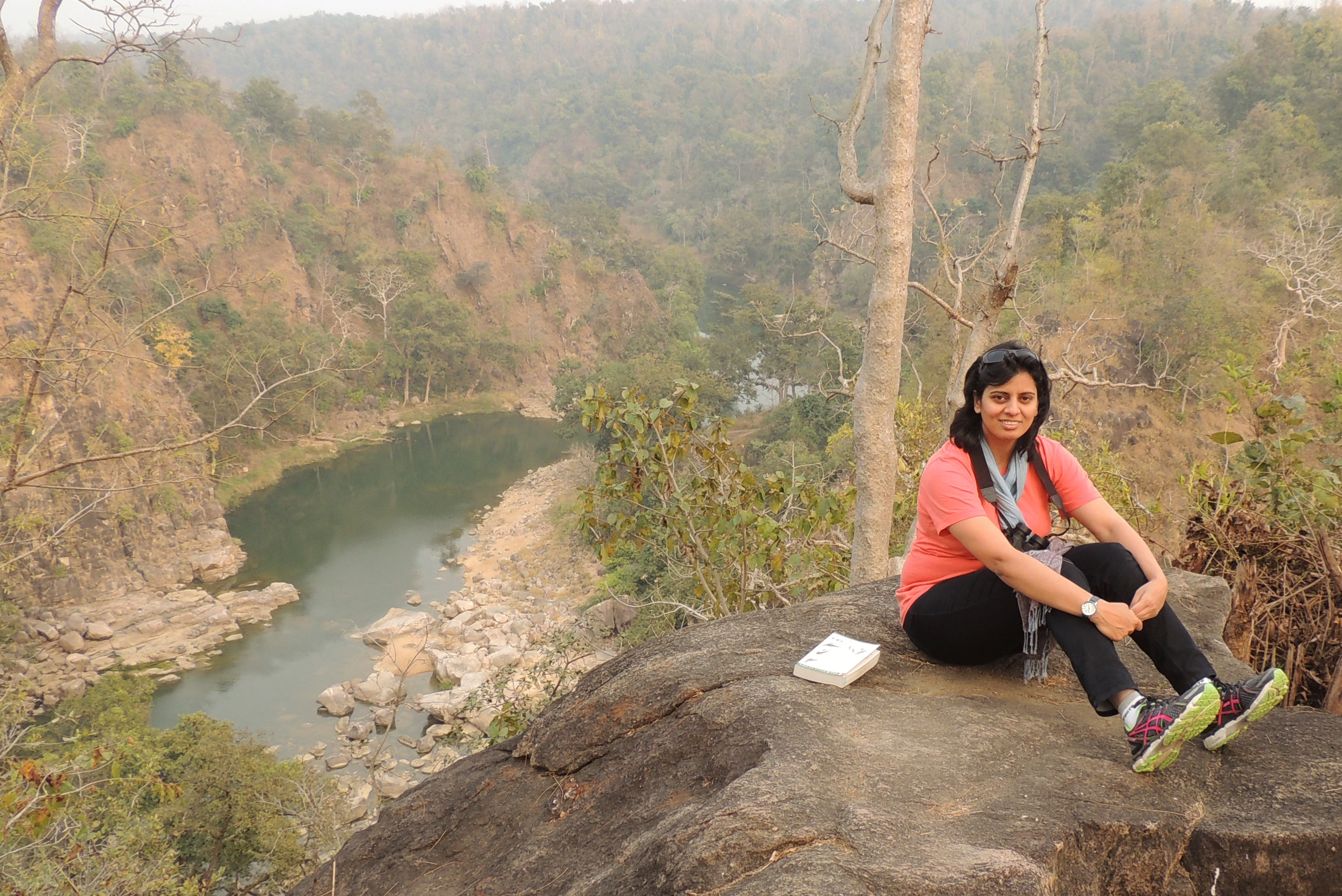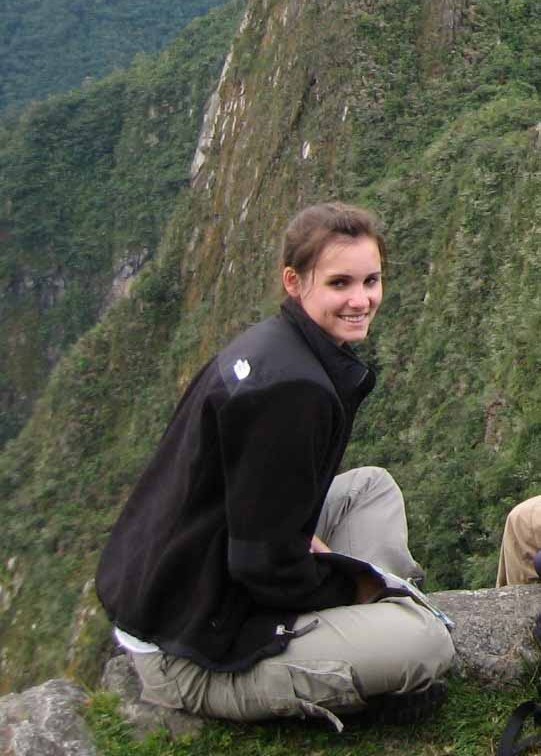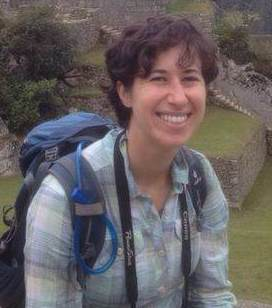Lab Members
Essayas Kaba Ayana, Postdoctoral Research Scientist, eka2115@columbia.edu
Research Interests: Water resources data collection at varying scales is expensive. Collection of water resource data, especially in developing countries, is characterized by inadequate monitoring, gaps in observations, a decline in the number of stations, chronic under funding and differences in processing and quality control. Various remote sensing platforms are now available as robust tools for collecting data used in water resources monitoring. Essayas’ particular research interest is to develop models that intensively use remotely sensed data and quantify the uncertainties associated with the use of such data. See CV here.
Trishna Dutta, Postdoctoral Research Scientist, td2477@columbia.edu

I received my PhD from George Mason University,VA and Smithsonian Conservation Biology Institute, Washington DC in 2012. For my doctoral research, I used genetic tools to understand the functionality of corridors for tigers, leopards, sloth bears and jungle cats in the highlands of Central India. I have also conducted research on snow leopard and Himalayan wolf ecology in the trans-Himalayas, shrews in CA valley and conservation planning in the Eastern US. I am interested in asking questions on viable conservation landscapes, animal ecology, and the human-wildlife interface. CV and webpage to be posted soon, my google scholar page is HERE
Victor Guitierrez-Velez, Postdoctoral Research Scientist, vhg2103@columbia.edu![]()
Victor's current research evaluates the influence of climate variability and human transformation of the landscape on fire propagation and carbon fluxes in the Peruvian Amazon. Historically, fire has been used for land conversion and management throughout much of the Amazon. However, the escape of fires to areas where burning was not intended is a relatively recent phenomenon in the region with pervasive consequences for human health, agricultural production, and nature conservation. His work specifically addresses the extent to which changes in land covers interact with climate to facilitate or inhibit fire proliferation and carbon fluxes. See CV here.
Miriam Marlier, Postdoctoral Research Scientist, mem2225@columbia.edu

Miriam earned her Ph.D. at Columbia University in 2014; she was co-advised by Ruth DeFries and Kevin Griffin. Her thesis was titled "Contributions of Biomass Burning to Air Quality Degradation". More information on Miriam's current work will be posted shortly.
Pinki Mondal, Postdoctoral Research Scientist, pm2658@columbia.edu![]()
Pinki's research interests revolve around examining the relationships between biophysical and socio-economic variables and how these variables contribute towards global environmental change. She is currently engaged in a project to better understand agricultural vulnerability to climate variability in India, where agriculture provides sustenance and livelihood for an estimated 70% of total population. With expected changes in future climate, significant fluctuations in crop yields are projected for near future, leading to serious concerns about food security of the growing Indian population. Pinki is specifically using multi-platform satellite data (TRMM, MODIS, Landsat, World View) along with district-level non-satellite data on irrigation, dominant crop type, crop yield to explore factors associated with changing crop intensity in the central Indian states of Madhya Pradesh and Maharashtra. See CV here. Link to E3B Postdoc page here.
Meghna Agarwala, Ph.D. Student, ma2902@columbia.edu![]()
Meghna is interested in the coexistence of humans and wildlife in habitats outside protected areas, with the aim of identifying habitat features that need to be conserved in human-modified landscapes to ensure future coexistence. Her current research maps change in canopy, understory, fire and weed infestation in reserve forests between Kanha and Pench Tiger Reserves, in Madhya Pradesh, India, which are used by both humans and wildlife. In mapping these changes, her research also studies forest resilience to human use in an attempt to understand whether these changes constitute degradation. See CV here.
Megan Cattau, Ph.D. Student, mec2201@columbia.edu![]()
Megan researches forest dynamics in Central Kalimantan, Indonesia on a failed agricultural project called the Mega Rice Project (MRP). The goal of the MRP was to convert over a million hectares of intact peatswamp forest into rice paddies. The project failed and was abandoned, but the remaining irrigation canals are causing peat soil drainage and subsidence, leaving the area susceptible to fire, a novel disturbance regime in this system. Megan's work evaluates the relative influence of several biophysical and anthropogenic factors in increasing fire probability and explores the determinants of the trajectory of vegetative regrowth in post-burn barren areas. She was awarded a Fulbright Student Research Fellowship and will be in Indonesia 2013-2014. See CV here.
Benjamin Clark, Ph.D. Student, bdc2120@columbia.edu![]()
Benjamin’s research interests relate to the impacts of agriculture on ecosystem functions in the context of Eastern and Southern Africa. In particular, how land cover change to agriculture as a result of population growth interacts with the water cycle and the impact this has on larger landscape units. Much of Eastern and Southern Africa’s population relies on rain feed crops for their food. It is critical to have a good understanding of agriculture practices’ broader impact on the water cycle to ensure long-term sustainable food production, capable of providing food security for this region. See CV here.
Amrita Neelakantan, Ph.D. Student, an2601@columbia.edu![]()
Amrita studies patterns of change in animal and human communities across forested landscapes that are now dominated by agriculture or pastoral human use. The broader implications of her research are to explore if and what associations between biodiversity communities and human well-being exist. Her research hopes to inform conservation policy decisions in areas of high biodiversity alongside rapid and increasing agriculture intensification. She is currently focusing her project in the central Indian landscape of agriculture and dry deciduous forests. See CV here.
Naomi Schwartz, Ph.D. Student, nbs2127@columbia.edu

Naomi is advised by Ruth DeFries and Maria Uriarte. Naomi is interested in the ways humans affect disturbance regimes and the ecological impacts of these changes, particularly in tropical forests. Her current research is focused on the western Amazon, where she is studying local drivers of fire activity, how fire affects forest regeneration and how flammability changes over succession. See CV here
